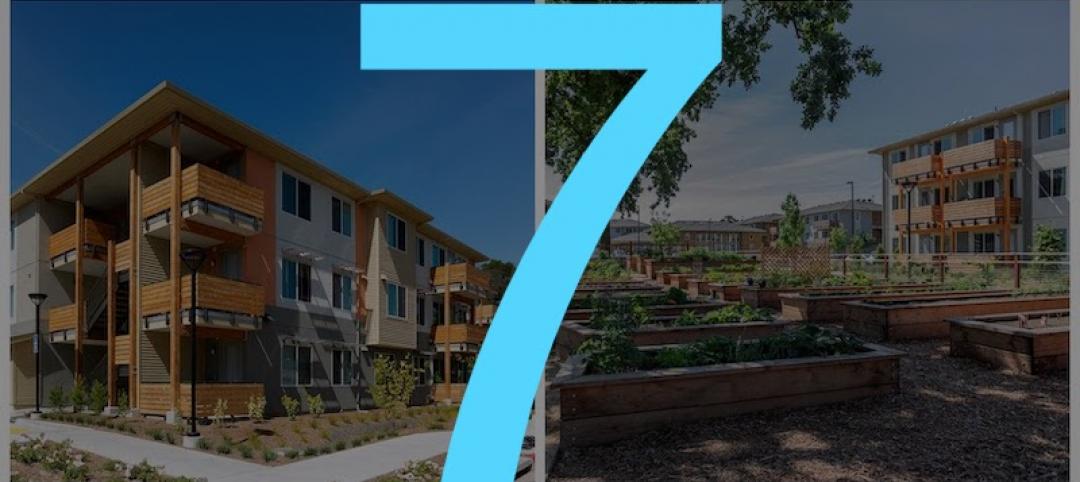A new report by the Union of Concerned Scientists (UCS) pinpoints portions of the U.S. at greatest risk of declining residential and commercial property values, and diminished city and county tax revenue due to flooding attributed to sea level rise.
The areas impacted face worse high tide flooding due to the effects of climate change, UCS says. The findings are the result of peer-reviewed analysis that used ZIP-code-by-ZIP-code data from Zillow Property Data.
The states found to be most at risk of flooding from rising seas are: Delaware, Georgia, Louisiana, Maryland, Massachusetts, New Jersey, New York, North Carolina, South Carolina, Texas, and Virginia. As much as 70% of some municipalities’ property tax bases could be at risk.
The analysis also provides risk assessment according to:
— Number of homes and commercial properties (by state and zip code).
— Current values of properties.
— The amount of money the properties contribute in annual property taxes, which fund schools, roads, and emergency services.
— How many properties could be spared if warming is limited to below 2 degrees Celsius.
— Near- and long-term impact projections, including within the next 30 years.
— Identification of areas where coastal property owners might experience recurring flooding so severe it limits their ability to live or work in these properties.
Related Stories
Codes and Standards | Jul 9, 2020
Funding opportunity for field validation of high-impact building technologies
Dept. of Energy program targets dynamic interactions with electric grid.
Codes and Standards | Jul 8, 2020
Standards for reducing risk of COVID-19 in senior living communities
AIA releases strategies and illustrations for the sector.
Codes and Standards | Jul 6, 2020
Guide presents benefits of public-private partnerships
Discusses process from project conception to construction.
Codes and Standards | Jul 1, 2020
COVID-19 public health guidelines may be downplaying building systems solutions
Emphasis on cleaning surfaces overlooks importance of mechanical infrastructure.
Codes and Standards | Jun 30, 2020
WELL building institute steps up health safety rating for hotels and resorts
Certification body forms advisory group of industry leaders and health experts.
Codes and Standards | Jun 30, 2020
7 must reads for the AEC industry today: June 30, 2020
Affordable housing comes to the Bay Area and this is not the end of cities.
Codes and Standards | Jun 29, 2020
Mandated building retrofits are necessary to meet climate crisis
Performance standards could greatly reduce GHG emissions.
Codes and Standards | Jun 29, 2020
New buildings can fall short of designed performance
Similar structures can produce different energy usage results.
Codes and Standards | Jun 25, 2020
Arc offers tools, analytics for safe workplace re-entry
Platform helps sustainability teams to collect data, benchmark progress, measure impact, and improve performance.
Codes and Standards | Jun 24, 2020
New API enables design and construction technology platforms to connect
Construction Specifications Institute offers “digital classification engine.”

















